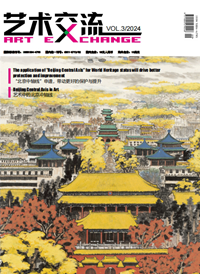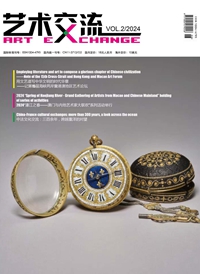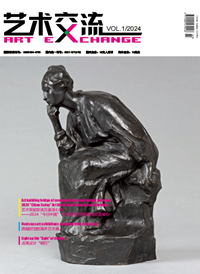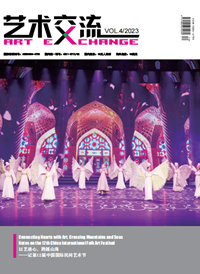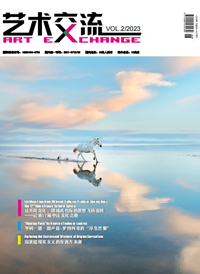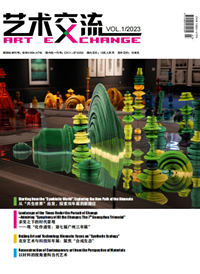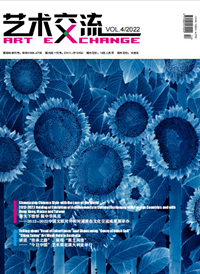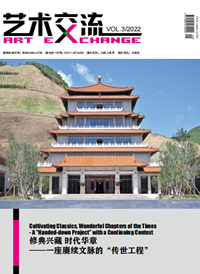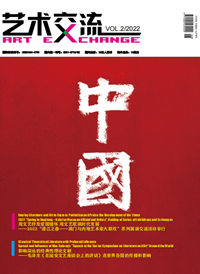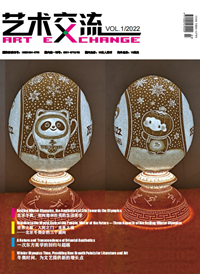One of China's most popular plays, Rhinoceros In Love, is touring Australia, the first time it's been performed outside China.
It's not a new play, it was written by Liao Yimei ten years ago and has been performed in more than 30 cities across China, and it's been seen by more than a million people. The play is directed by Meng Jinghui and it tells the story of Ma Lu's dangerous and obsessive love. Ma Lu works as a rhinoceros keeper in a city zoo and the target of his obsession is the unobtainable Mingming.
Meng Jinghui founded the Beijing Youth Theatre Festival in 2008 and has served as artistic director since then. He is director of National Theatre of China. His film Chicken Poets won the Critics Award at the Hong Kong International Film Festival and the Special Youth Jury Award at the Locarno International Film Festival.
It is an allegory of human spirit, rather than a real love story. It tells a story about a man who is in love with a woman and does everything he can for her. The protagonist Ma Lu, a monomaniac in others eyes, over-exaggerates the differences between two women, as his friends point out. He might be considered as a rhinoceros among people, an eccentric man, in today's world where everyone knows how to make a wise choice. Being wise means refraining from doing those impossible, illogical and unthankful things. In this modern society, there are myriads of possibilities, approaches, and choices. Everyone can find their best place, and wisely strike a balance between how they feel and what they need so as to rule out the possibility of being hurt and mocked. But that is not how Ma Lu thinks, and not what I like as well. The truth is that without monomania, there would be no breakthroughs, no progress and no new beginnings that you may have never expected, a rule that applies to everything, not just love.
To love is for your own good. No one actually deserves the love you give at the cost of losing everything. However, love can help you see through the various false illusions in life, and reach out to the world as well as the part of your inner world that you might have never noticed. It vitalises all your senses and kills all your languor. It takes off your worldly outfit so as to expose the truest and tenderest part of your heart to others, a process which no doubt entails pain. But what do we live for if we can not feel people and the world in the most direct way?




